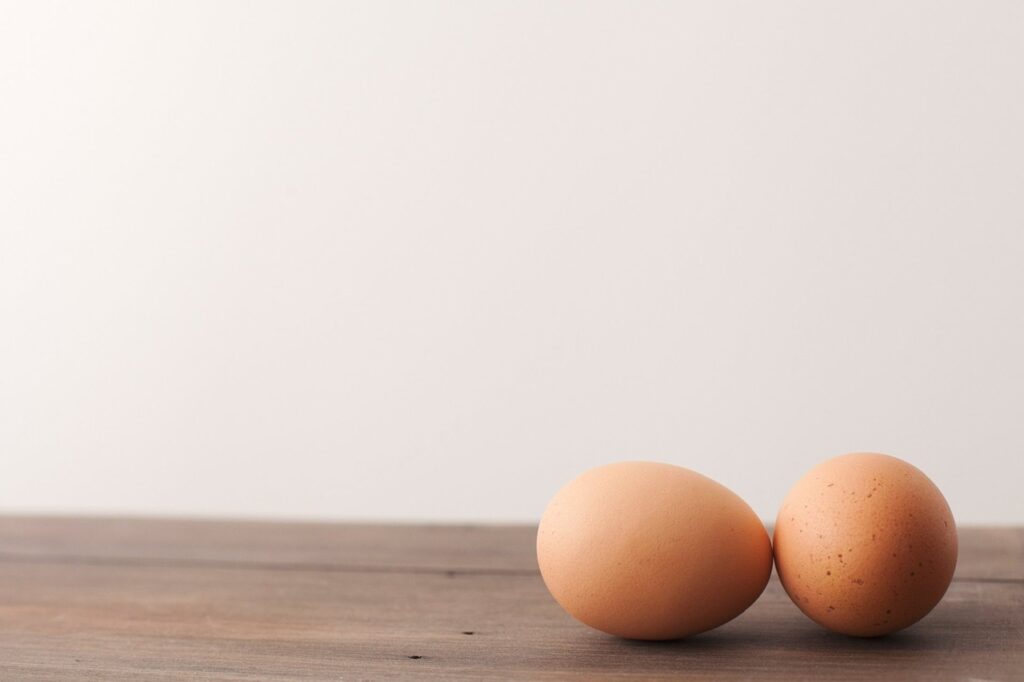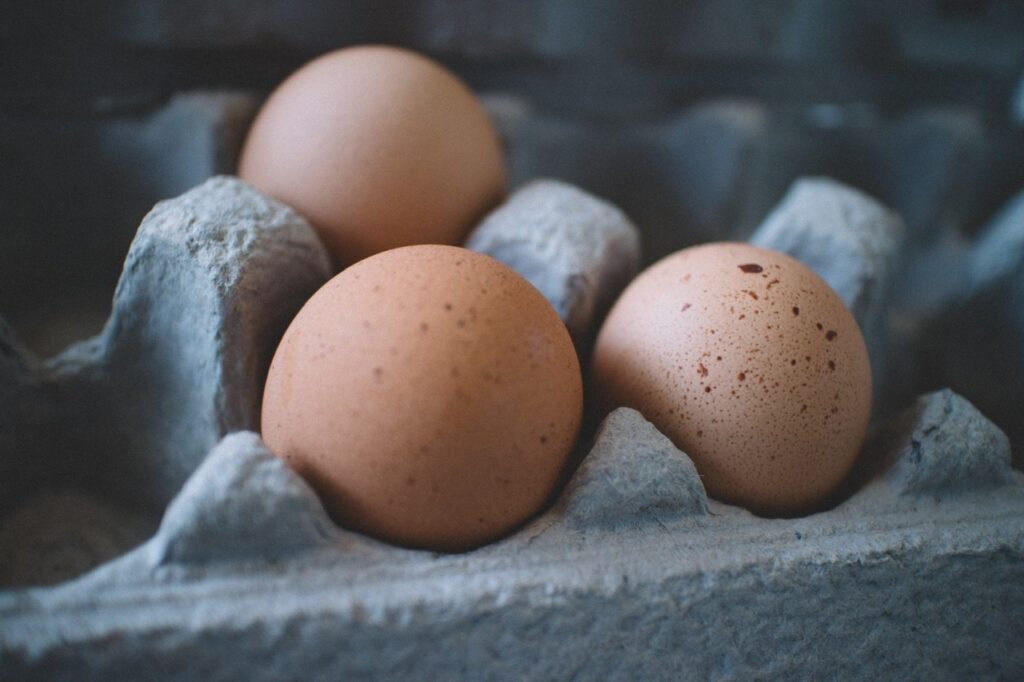There’s no debate that it is easier to go to the grocery store and buy a carton of eggs than it is to raise chickens yourself. Chickens take work, require maintenance, and, although they are a relatively easy farm animal, feeding them can be expensive.
However, knowing what is in your food and how that food is raised has become more and more important to many people. What often gets overlooked, is knowing what can be found on the surface of your food.
Cleaning fresh eggs is a subject that rarely gets talked about but, most of us can agree, is important when considering food safety.

What is “Bloom”?
Before a hen lays an egg, it is covered in what is referred to as “bloom”, which is actually a thin coating that covers the egg. Bloom helps protect developing chicks from outside elements. This coating protects them from bacteria and moisture. Believe it or not, each egg has approximately 8,000 pores that are able to absorb said bacteria. Additionally, when it comes to chickens, everything comes out of the same hole.
For longer storage, you can leave an unwashed egg out for around a month. As long as the bloom is still on the shell, it will protect the egg from losing moisture and any invading bacteria.
Bloom has its limitations; it won’t protect you from anything on the shell, such as droppings, after you crack the egg open. There is where it is an absolute must to clean your eggs directly before using them.

Different Ways to Clean Your Eggs
If you have chickens you know that, most of the time, eggs don’t come out picture perfect. This is especially true when your flock utilize a preferred nesting box. Eggs can be covered in straw or droppings that need to be cleaned off before they are used.
One of the best ways to clean an egg is to fill a bowl with warm (not hot) water, add vinegar, and gently drop your egg in. Gently wipe it clean and refrigerate or use immediately after drying.
That is one of the more simple ways to clean an egg. There are soaps you can buy that are specifically developed for egg washing but you should never use chemicals on your eggs. Egg shells are porous and anything you put on the shell can be absorbed into the egg.
Additionally, cold water should never be used to wash your eggs. If you are washing an egg and it is submerged in cold water, the pores can open and any outside bacteria, such as salmonella, can get in.
There is another way to clean eggs referred to as dry cleaning. This involves using a sponge or a towel to rub off any excrement or straw. This works well for legs that are lightly soiled.
Eggs should also never be soaked in water. If you are having trouble getting chicken droppings off, it may be time to clean your chicken coop. We like to use the eggs that are especially dirty in our compost. Some people will actually cook them and feed them to their chickens. In our experience, this teaches the flock to like the taste of eggs and that creates a whole other world of issues.
Just to Recap….
There are several different methodolgoies when it comes to washing and storing eggs. If they are left on your counter unwashed, they can last approximately a month. The bloom that is found on the surface of the egg will keep any bacteria out. If you do choose to wash them, they need to be refrigerated immediately after.
The two best ways to wash your eggs is to dry wash with a towel or use vinegar with warm water. Once they are clean they are good to use!
What way do you prefer to clean your eggs?
0


